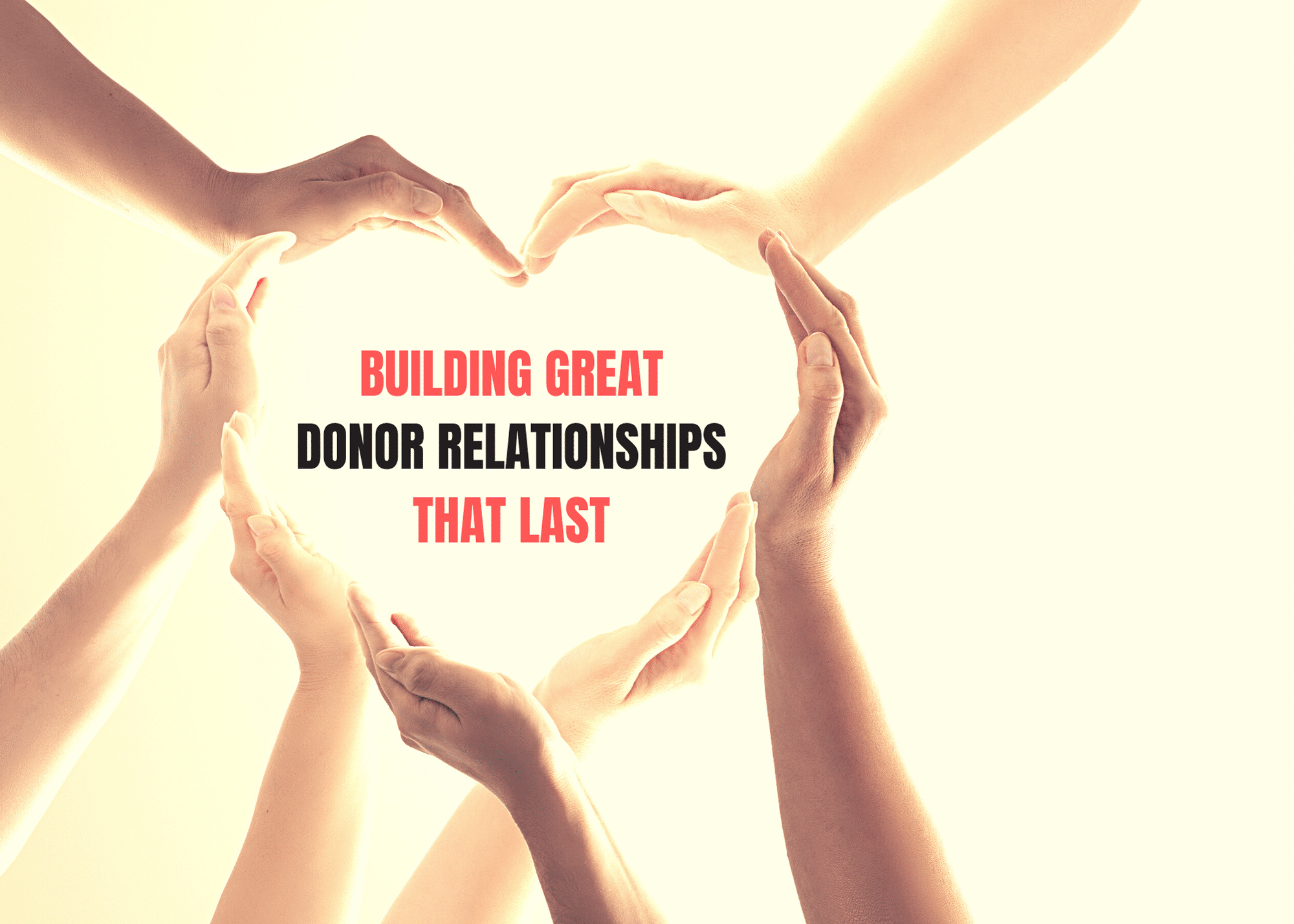Building great donor relationships that last – Playing the long game

Donor retention remains the biggest challenge fundraisers face, and donor acquisition remains a herculean task as we unpack and unpick generational and demographic preferences and tendencies, as well as the decreasing numbers of giving households. The bigger picture should lead us to a few logical conclusions at a time when charitable and fundraising leaders must ponder how to best respond to the noise all around them.
Many organisations have had very good fundraising outcomes in the past two years. This included organisations that found themselves at the frontline of communities impacted by the pandemic. Many organisations who simply continued to communicate very effectively about the unmet needs they served and the positive impact they were having also experienced very good giving outcomes.
However, there are early signs that the recent rate of giving growth, the ‘Covid giving surge’, has slowed. Drawing from this trend should encourage for-purpose organisational leadership to focus on effectively resourcing the hard work that is required to achieve donor retention. This may be helped when most (not all) realise that when they have had a surge in giving, it’s often come from donors they already knew. I appreciate there are lot of generalisations in that short sentence. Unfortunately, I have no sector wide charts to prove that point, yet. So I am really interested in hearing from anyone if that was their experience or not.
So how might you achieve great donor retention with donors who have already shown you that they care about what you are doing?
- Understand what it is about your purpose and its impact that best connects with you donors’ philanthropic ambition
- Show them, in a way they will understand and appreciate, how their giving made a difference to the situation they told you they cared about through their act of giving.
- Help them understand how through ongoing outputs, to outcomes, to impact (AKA Theory of Change) their giving as partners in your purpose will achieve lasting change.
- Remind them about the urgency of the unmet need they have told you that they care about, so that when they are compelled to do so, they will choose to give you more of their hard earned and precious time, talent and treasure.
- Invest in the resources and processes your organisation needs to achieve these things (or do everything you can to influence those decisions), because the action that finally resulted in a gift arriving is only a small part of the entire effective fundraising picture.
Organisations who shrank back from continuing with bold fundraising during the Global Financial Crisis, during the Christchurch earthquakes, during market crashes and during the recent pandemic have not fared well. Facing an inflationary environment is not a time to count pennies and pull back from ambitious fundraising plans.
It is a time to do more, everything you can to address the unmet needs of those you exist to serve, particularly with those donors you already know.
